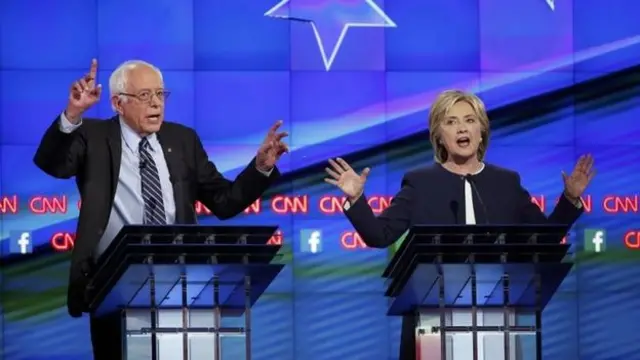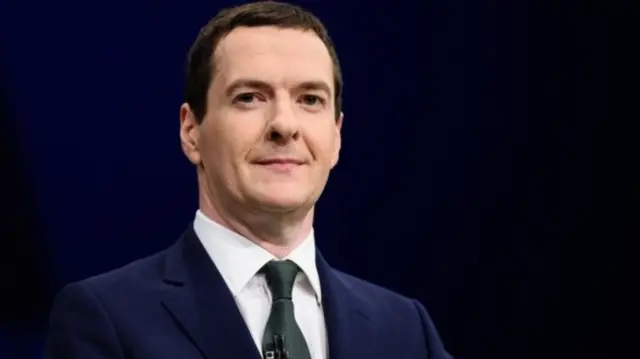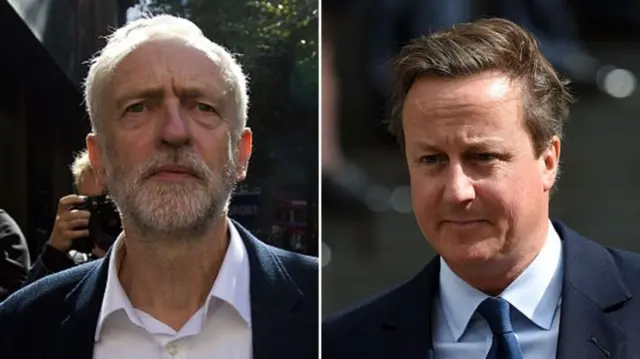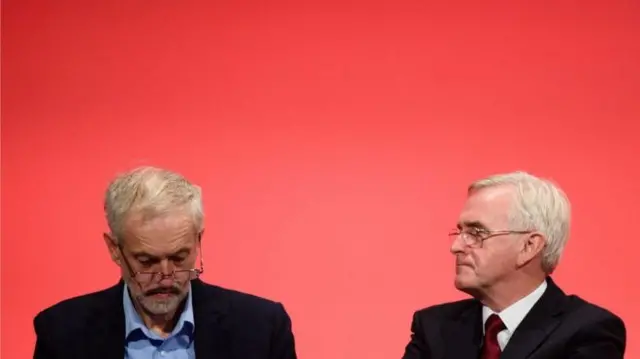Watch: A guide to the fiscal charterpublished at 08:59
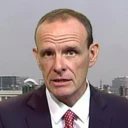 Norman Smith
Norman Smith
Assistant political editor
Allow YouTube content?
This article contains content provided by Google YouTube. We ask for your permission before anything is loaded, as they may be using cookies and other technologies. You may want to read Google’s cookie policy, external and privacy policy, external before accepting. To view this content choose ‘accept and continue’.
